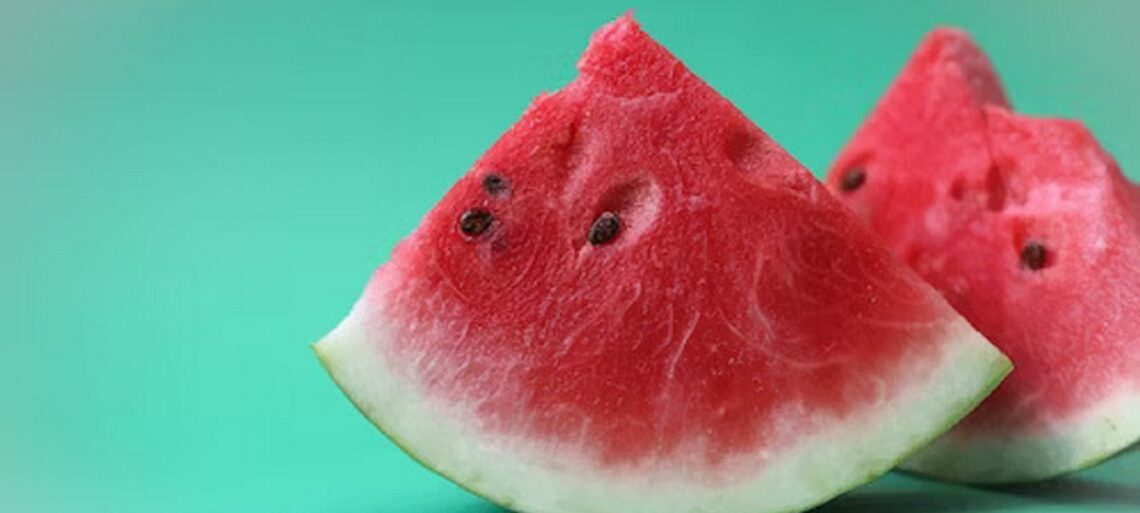
Is Watermelon Good for Diabetics: A Comprehensive Guide
Today’s health-conscious society places a high focus on managing diabetes. One must pay close attention to their diet since what they consume has a big influence on their blood sugar levels. With its sweet and energizing flavor, watermelon is a well-liked summer fruit, but is it OK for those with diabetes? We will go into the specifics to address the pressing inquiry: Is watermelon healthy for diabetics? in this extensive guide.
Understanding Diabetes
Diabetes is a long-term medical illness characterized by high blood glucose levels, also known as blood sugar. Type 1 and Type 2 diabetes are the two primary subtypes.
- Type 1 Diabetes: This type is an autoimmune disease where the body’s immune system attacks and destroys the insulin-producing cells in the pancreas. Insulin injections are necessary every day for people with Type 1 diabetes to control their blood sugar levels.
- Type 2 Diabetes: This type is more common and typically develops in adulthood, although it can occur in children as well. It is frequently linked to lifestyle elements including a bad diet and insufficient exercise. People with Type 2 diabetes may use oral medications, insulin, or a combination of both to manage their condition.
Now that we have a basic understanding of diabetes, let’s explore the relationship between watermelon and this medical condition.
The Nutritional Profile of Watermelon
Watermelon is a delightful fruit enjoyed by many during the hot summer months. It is not only hydrating but also offers several essential nutrients. Here’s a breakdown of the nutritional content in a typical serving of watermelon (1 cup, diced):
- Calories: Approximately 46 calories
- Carbohydrates: About 11.6 grams
- Protein: Nearly 0.9 grams
- Fiber: Approximately 0.6 grams
- Vitamin C: Provides 21% of the recommended daily intake
- Vitamin A: Contributes 18% of the recommended daily intake
- Potassium: Supplies 5% of the recommended daily intake
As we can see, watermelon is low in calories and fat but rich in vitamins and minerals. However, the carbohydrate content raises questions for individuals with diabetes.
The Impact of Watermelon on Blood Sugar
The impact of various meals on diabetics’ blood sugar levels is one of their main worries. Despite having numerous nutritious advantages, watermelon includes natural carbohydrates, mostly in the form of fructose. This makes its glycemic index (GI), which gauges how rapidly a meal might boost blood sugar levels, cause for concern.
When ingested in significant numbers, watermelon can quickly raise blood sugar levels due to its relatively high GI. It’s crucial to remember that a food’s GI can change based on a number of variables, including its ripeness and how it’s ingested.
Moderation is Key
While watermelon may have a higher GI compared to some other fruits, it can still be enjoyed by individuals with diabetes, but in moderation. Here are some important things to think about:
- Portion Control: Limit your portion size to a small serving, such as half a cup or one cup of diced watermelon.
- Combination with Other Foods: Pairing watermelon with foods that are higher in protein and fiber can help slow down the absorption of sugars and mitigate blood sugar spikes.
- Regular Monitoring: If you have diabetes, it’s essential to monitor your blood sugar levels regularly to understand how different foods, including watermelon, affect you personally.
Conclusion
In conclusion, people with diabetes can incorporate watermelon in their diets if they do so sparingly and as a part of a balanced diet. Although it does have a high glycemic index and some natural sugars, the effect it has on blood sugar levels may be lessened with careful portion management and clever meal pairings.
It’s crucial to keep in mind that dietary decisions must be made specifically for each person with diabetes. What functions for one individual might not function for another. Therefore, it is advised for persons with diabetes to speak with a qualified dietician or healthcare professional in order to develop a personalized nutrition plan catered to their unique requirements.
Frequently Asked Questions
Can diabetics eat watermelon daily?
Yes, diabetics can enjoy watermelon daily, but it's essential to monitor portion sizes and their body's response.
Is watermelon safe for type 2 diabetes?
Watermelon can be safe for type 2 diabetics if consumed in moderation as part of a balanced diet.
Should I avoid watermelon if I have high blood sugar?
While watermelon can be included in your diet, individuals with high blood sugar levels should consult their healthcare provider for personalized advice.
Can watermelon help lower blood sugar?
While watermelon has health benefits, it's not a cure for diabetes. It can, however, be part of a diet aimed at managing blood sugar.
How much watermelon is considered a healthy serving for diabetics?
A small serving of about 1/2 to 1 cup of diced watermelon is a healthy portion for diabetics.
Wasiur Rehman
Wasiur Rehman is fueled by a deep passion for advancing innovation in healthcare and medical research. He possesses a Bachelor's degree in Computer Science Engineering and has dedicated approximately two years to his role as a research analyst and SEO content writer. Currently, he is a valuable member of the DiseaseInfoHub team, serving as a content and research guide.




